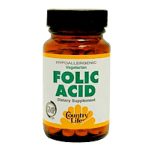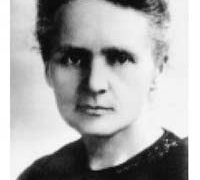 |
|
(Image: twinsworld) |
There is currently no evidence that folic acid improves fertility, but scientists believe it may increase the chances of having twins if two embryos are implanted in the uterus during infertility treatment.
Researchers at the Rowett Institute and the University of Aberdeen in Scotland found that women with higher levels of folic acid are more likely to conceive twins through in vitro fertilization (IVF).
“Essentially, folic acid increases the survival rate of embryos, and that is what we believe happened in this case,” said Dr. Paul Haggarty, the lead researcher.
Folic acid (vitamin B9) is one of the essential micronutrients for the comprehensive development of the fetus, especially the nervous system. A deficiency in this nutrient can lead to neural tube defects such as spina bifida, anencephaly, and encephalocele, as well as an increased risk of congenital defects in the heart, limbs, urinary tract, cleft lip, and cleft palate. Therefore, pregnant women are advised to supplement with folic acid.
 |
| (Image: vitamin) |
Haggarty and colleagues analyzed the folic acid levels in 602 mothers who underwent in vitro fertilization. Almost all of them supplemented folic acid in their diet. These participants filled out questionnaires while their dietary folate intake and blood levels were measured.
To increase the chances of conception, women typically have two embryos implanted during each round of in vitro fertilization.
The research team found that the likelihood of having twins increased proportionally with the amount of folate consumed.
Haggarty noted that this finding aligns with the increased rate of twin births among those undergoing IVF in the United States after folic acid was added to wheat flour in 1988.
“Our results suggest that the high twin birth rate in infertility treatments could be mitigated by encouraging women not to exceed the recommended intake of folic acid,” Haggarty stated.
T. An


















































